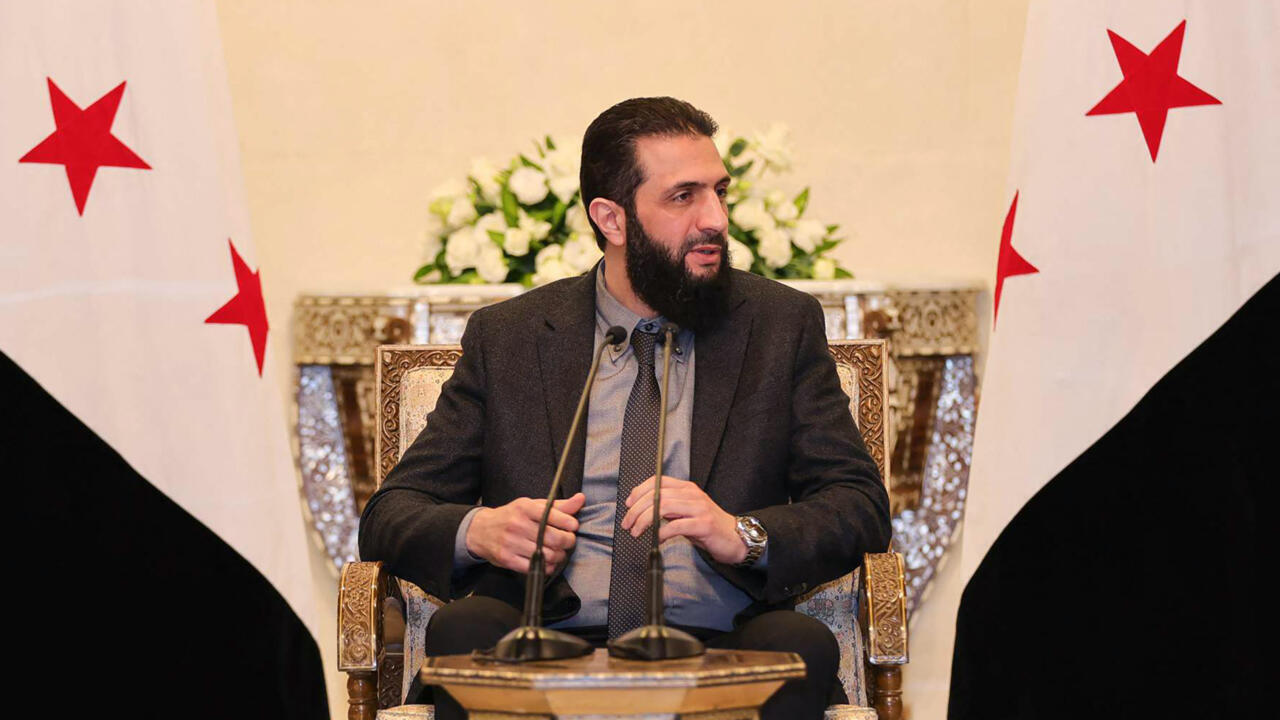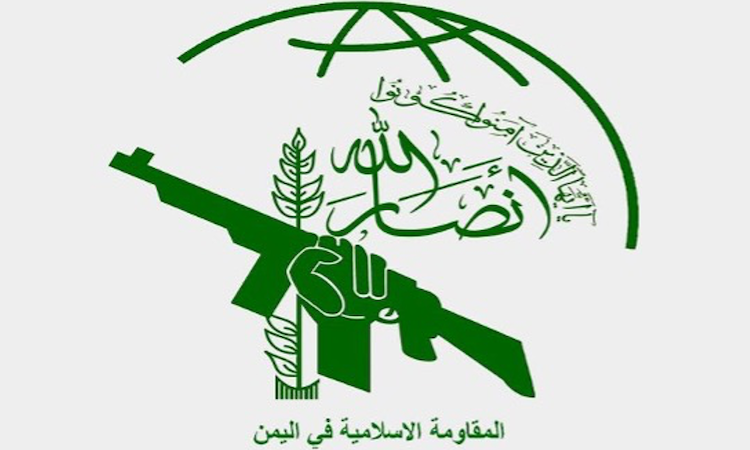With the vast majority of Syrian soil now liberated and back under government control, there remain only pockets of hardcore terrorists holding out against the liberation forces.
The nastiest mess still to be cleared out is in the northwestern province of Idlib, which until recently has functioned as a sanctuary for every jihadi group flushed out from elsewhere in the country. Treading carefully so as to avoid unnecessary civilian bloodshed, Syria’s close ally Russia in September came to a crucial agreement with Turkey on the Idlib crisis.
Sochi memorandum
Under the Sochi memorandum of 17 September it was agreed that a demilitarised zone (DMZ) would be enforced by the two countries, with the stipulation that all heavy weapons and military units belonging to what was diplomatically termed the ‘opposition’ should be hauled back behind the line.
In theory the DMZ should have been in place and joint patrols initiated by 15 October, but after a summit meeting between the leaders of Russia, Turkey, Germany and France on 27 October, Russian president Vladimir Putin expressed his understanding that it would take a while for Turkey to use its influence with some ‘opposition’ elements.
Referring to the DMZ as a “provisional measure”, President Putin said: “We hope that the Turkish side ensures in the near future that the opposition will finish withdrawing heavy weapons and military units from the demilitarised zone,” adding: “We can see that our Turkish counterparts are doing their best for this.”
At the same time, Mr Putin made it plain that Russia would back Syria to the hilt if the ‘opposition’ proved intractable, noting: “Should radical elements obstruct resolution of the problem and continue armed provocations from the Idlib zone, Russia reserves the right to provide effective support to resolute efforts of the Syrian government aimed at rooting out this hotspot of terrorist threat.” (Assad’s future not discussed at four-way talks in Istanbul – Putin, TASS, 28 October 2018)
For his part, Turkish foreign minister Mevlut Cavusoglu has publicly thanked Putin for his support of the Sochi memorandum, suggesting that “This is probably the last opportunity to achieve a political solution in Syria,” and adding: “We managed to prevent another humanitarian catastrophe.” (Turkey thankful to Putin for supporting memorandum on Syria’s Idlib – top diplomat, TASS, 6 November 2018)
Throughout what has come to be known as the Astana process, initiated in the Kazakh capital by Russia, Turkey and Iran at the beginning of 2017, all the way through to the Sochi memorandum on Idlib, Russia has consistently sought to widen the circle of active, working diplomacy, concentrating on brokering local ceasefire and demobilisation arrangements a world away from the great power grandstanding indulged in by the US, Britain and France at the failed talks sponsored by the imperialists in Geneva.
It is significant that the Istanbul summit brought Germany and France into the frame, away from the Geneva echo chamber and unaccompanied by a US minder. European disquiet at Washington’s unilateral denouncing of both the Iran nuclear deal and the intermediate-range nuclear forces (INF) agreement with Russia may have helped in this regard.
Meanwhile, whilst Russia is leading diplomatic efforts to hasten a political resolution to the conflict that is, as Putin spells out, “in strict compliance with principles of unity, sovereignty and territorial integrity of the Syrian Arab Republic”, US imperialism continues to tie itself in knots with the various proxy forces upon which it relies to try and undermine the cohesion and work of the liberation forces, still hoping to secure a neocolonial stake in a postwar Syria.
SDF proxies face setbacks in Deir Ezzor
In order to try to justify its continued presence in Syria the US needs to be seen to be engaged in combatting Daesh (aka Islamic State or Isis) east of the Euphrates. Rather than let the Syrian Arab Army get on with the job of mopping up remaining Isis resistance in that area, the US military prefers to claim squatters’ rights in the eastern town of Deir Ezzor through its Kurdish-led SDF (Syrian Democratic Forces) allies.
By playing on Kurdish national aspirations, the US has manipulated the SDF into fighting the war on its behalf. The problem for imperialism is that those same inflamed ambitions have brought the Kurds into further conflict with the Turkish government in Ankara, driving a wedge between Turkey and the US (both Nato members) and distracting the SDF from the fight against Isis.
As a consequence Daesh was able to rally its forces in October, launch a massive counterattack under the cover of a sandstorm and reportedly kill at least 45 SDF fighters. Following attacks and counterattacks, the SDF retreated from all captured positions in the Hajin pocket on 28 October, concluding its seven-week offensive without any gains.
Distracted by a further Turkish offensive against the Kurdish-held towns of Kobani and Tell Abyad, the SDF suspended operations, before on 11 November recommencing its offensive.
It is not a lack of courage or prowess on the part of the Kurdish forces that undermines this stop-start offensive against Daesh, but rather the false position into which imperialist meddling has trapped them.
Imperialism pretends to want Daesh destroyed; in fact it wants it brought under its control. Imperialism pretends to be sympathetic to Kurdish national aspirations; in fact it simply hopes to use the Kurds to undermine Syrian unity and help bring about regime change. Imperialism pretends to want peace; in reality it wants to prolong the war always a little longer, in the desperate hope that it can somehow soften the stunning blow to US prestige in the region dealt by the victory of Syria.
In short, imperialism cannot win in Syria, but it will prolong the agony as long as it can.
Al-Tanf US base
Meanwhile, down south on the Iraq border, in the Al-Tanf military base, several hundred US military personnel are engaged in training another proxy force, the Maghawir al-Thawra (Revolutionary Commando Army; a new name for the group previously known as the the New Syrian Army).
In theory this group is intended to fight Daesh; in reality, since the areas controlled by the group along the Syrian-Jordanian border were cut off from Daesh-held regions by the Syrian Arab Army back in June 2017, there has been little opportunity for this group to shine in this regard.
Judging from what one defector from the group had to say, any encounters with Daesh were in any case more commercial than military. Asaad As-Salem, who used to be a chief security officer at the base, recounted how the US and Norwegian instructors gave them military training and told them they would soon be fighting Daesh.
But it never happened; his unit never saw action against Daesh. Worse, his own unit’s commander was busy flogging off the weaponry to the very people they were supposed to be fighting.
He reported: “When we learned that our unit’s leader was selling weapons to Isis terrorists, we reported that to American base command, but following our report no action has been taken, the Americans only ramped up the support to the man who was appointed our commander and who was dealing with Isis. And he was selling all sorts of weapons our unit possessed, US-made small arms, M-16 and M-4 rifles, recoilless rifles, various machine guns and ammunition for them.” (Syrian rebel defector says his US-trained unit sold arms to Isis, RT, 1 September 2018)
The location of the base, bang in the middle of the Baghdad-Damascus highway, gives it its strategic importance, and it is here that the US has unilaterally declared a “deconfliction zone”, from which all are excluded except the Americans and their friends.
These friends include anyone who might further the US agenda of making life as difficult as possible for Syria’s liberation forces. Regarding the nearby Rukhban refugee camp, 20 kilometres from the base, the defector cited earlier noted:
“Some of the people residing in the camp are relatives of those militants, collaborating with Americans, while the others are civilians from Al-Tanf. There are no suitable living conditions there, children have nowhere to study, there’s no healthcare, the Americans support only those people who they use to pursue their own goals. All in all, I’ll tell you, they behave like invaders.”
As Syrian foreign minister Walid Muallem expressed the situation succinctly, the US is “gathering the remnants of the Islamic State at this base in order to later send them to wage war on the Syrian army”. (A US base in Syria is a huge thorn in Russia and Iran’s side by Daniel Brown, UK Business Insider, 9 October 2018)
The US is acutely conscious that its toehold in Al-Tanf, like its toehold in Deir Ezzor, is looking increasingly precarious as Syria moves into the war’s endgame. When Russia, in accordance with normal protocol, informed Washington that it planned to have a presence in the Al-Tanf area, the US reacted as if World War Three had been just been declared, ordering live fire military exercises involving hundreds of US soldiers and Maghawir al-Thawra trainees.
Yet this intended ‘show of strength’ was more a show of weakness and frustration at the way the course of the war is slipping out of imperialist hands.
F-35s: Israel goes shopping
For its part, Israel is trying to convince itself that it can reverse declining imperialist fortunes in Syria by buying smarter weaponry.
After Israeli jets had used a Russian reconnaissance plane as cover, confusing Syrian air defences and causing the Russian plane to be accidentally shot down with a tragic loss of 15 airmen, Russia moved to supply Syria with its state-of-the-art S-300 defence system. Stung by this fraternal defensive measure, Tel Aviv announced the purchase from the US of F-35 stealth fighters, claimed to be able to evade the most sensitive defence system.
Israel should bear two things in mind however. First, F-35s have a pretty dodgy track record. An independent watchdog, the Project on Government Oversight, got hold of a Pentagon document that shows how corners are being cut and problems ignored. Instead of fixing problems, they are without explanation demoted from ‘category one’ type worries (like loss or major damage to a weapons system, severe injury or death) to less serious classification as ‘category two’ type.
Concerns that have been raised include helmets that can hinder pilots’ vision, and stealth coating that melts at supersonic speeds. Recently an F-35 had to make an emergency landing in Florida. After the pilot had landed and parked his plane, the front nose gear collapsed.
In light of the above, Israeli airforce (IAF) pilots might want to reserve judgement on remarks uttered by a spokesman for the IAF, claiming: “The coming attacks [on Syria] won’t be the first, but they will be safer for the pilots.”
Second, and more important, Israel and the rest of the imperialist gang will sooner or later be made to understand that the outcome of wars is not in the end decided by weapons but by people. Israel, like its patrons in the imperialist west, is fighting a rearguard battle against history which in the not-too-distant future it will surely lose.
Victory to the president, government, army and people of Syria!















